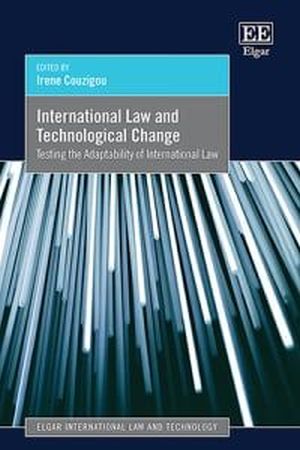
This comprehensive book explores the consequences of modern technology for procedural and substantive areas of international law. It examines to what extent existing principles and rules of international law can adapt to unprecedented technological changes.
Contributors outline the impact of technological advancements on international law across key areas such as communications, governance, surveillance and security, immigration, warfare, and economics. They consider whether and how the use of new technologies, including information and communication technology, autonomous artificial intelligence systems and blockchain infrastructures, should be regulated. Chapters investigate the impact of technology use on international legal discourse, law-making and implementation, and accountability across the globe. This book ultimately demonstrates the numerous advantages of technology in aiding the interpretation, identification, formation, implementation, and enforcement of international law, provided that its application is appropriately regulated.
This book is an essential resource for scholars and students of international law, particularly those with an interest in law and technology. It is also highly beneficial for legal professionals seeking to understand the evolving dynamics of international law within the new technological landscape.